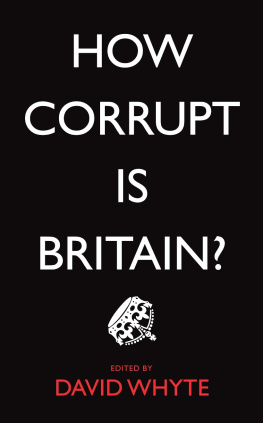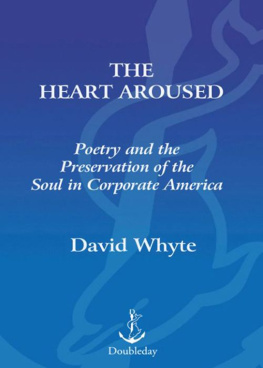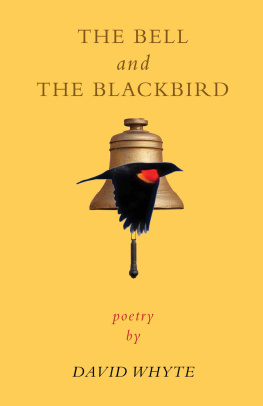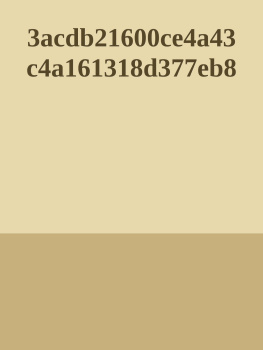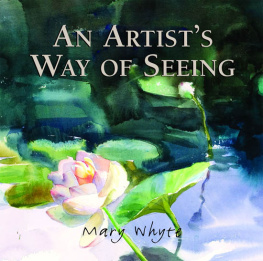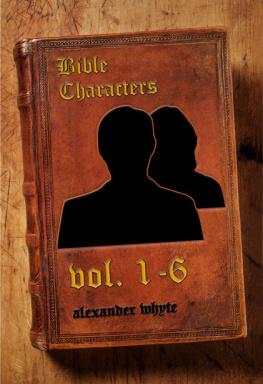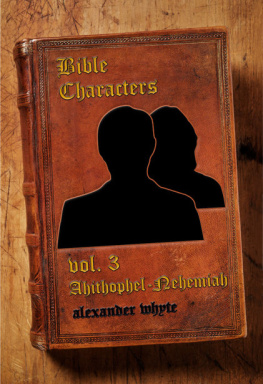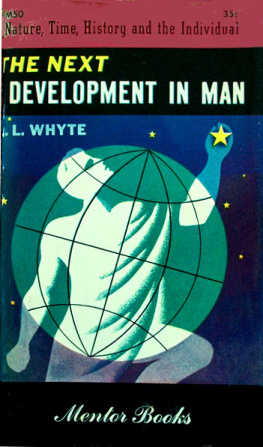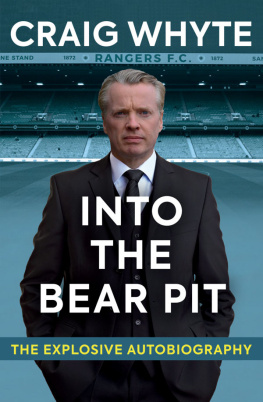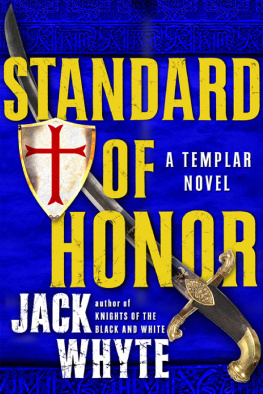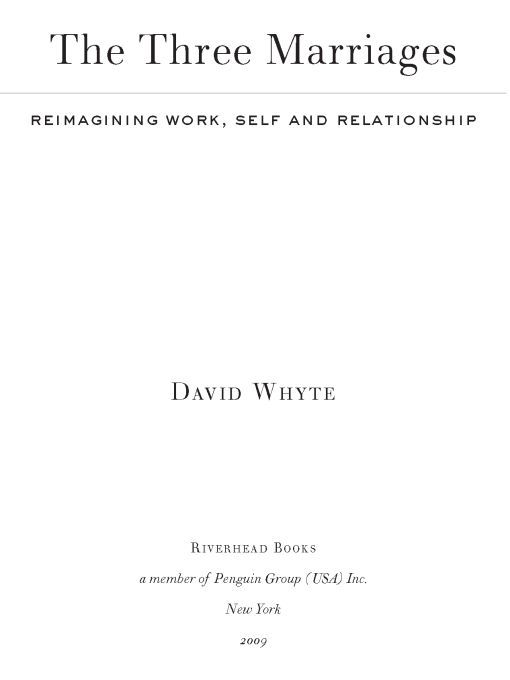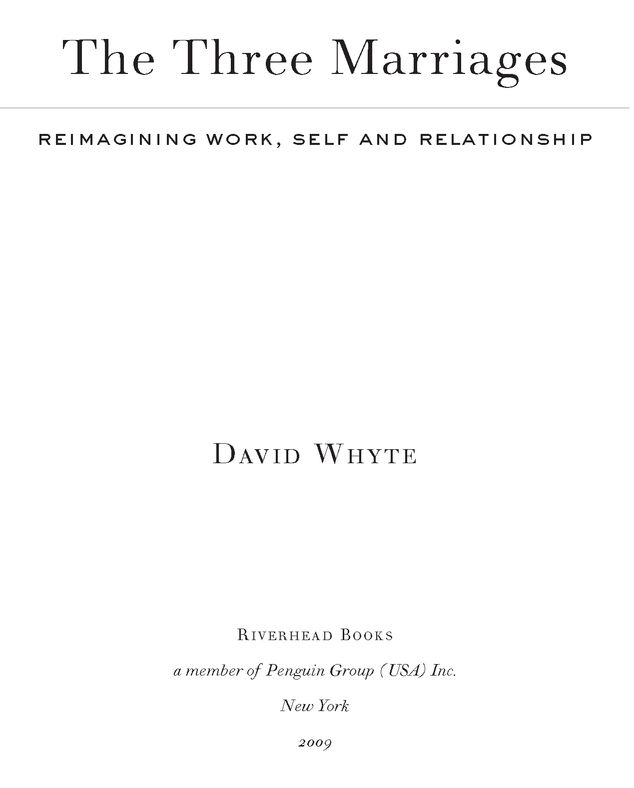Table of Contents
ALSO BY DAVID WHYTE
NONFICTION
Crossing the Unknown Sea: Work as a Pilgrimage of Identity
The Heart Aroused:
Poetry and the Preservation of the Soul in Corporate America
POETRY
River Flow: New & Selected Poems 1984-2007
Everything Is Waiting for You
The House of Belonging
Fire in the Earth
Where Many Rivers Meet
Songs for Coming Home
For my loving wife,
LESLIE
and
In memoriam
JOHN ODONOHUE
1956-2008
We should not feel embarrassed by our difficulties, only by our failure to grow anything beautiful from them.
ALAIN DE BOTTON
OUT OF NOWHERE
No one could find me in this strange hiding place. I moved the chair ever so quietly back toward the wall and drew back my feet so that those searching for me would not see those two polished shoes peeping out on the white, immaculate kitchen floor. I tried hard not to imagine the concern and wonderment at my recent unexplained disappearance as I sipped at the glass of red wine and looked down again with renewed effort at my notes.
My refuge was a chair placed between two massive gleaming refrigerators in the equally massive kitchen that stood next to the room in which I was about to speak; all this on the very top floor of a sprawling bank building in Johannesburg. Though it was light and warm inside the building, it was dark and very cold outside on the high central plateau of South Africa and the night full of frigid, glittering stars. It was a night to think of origins and the specific place of humanity amongst it all, but the lit interior of the building gave out that international projected sense of abstract corporate power that could have placed it anywhere in the world from Singapore to Seattle.
I was hiding because, humanity or not, I was in a very difficult place at that moment. I needed precious time to myself to come up with a theme very quickly for a talk I was about to give in thirty minutes. I wanted to be a thousand miles away from this audience, many thousands of miles away, to be precise. It was all made worse by the fact that I had given a very good week of seminars, not only within the bank but to the wider artistic community in Johannesburg, and they were all therefore expecting more good stuff and had all told those who had not heard me to come along and hear this poet fellow who could address things in a way they might not have heard before. I would have preferred expectations to be very, very low for this evening. Not only that, but this particular talk was to be to executives and spouses, and had to be relevant to both. The creative center of all this attention, howeverthe speaker, that iswas completely exhausted and as dry of inspiration as they were full of anticipation. I could hear the buzz of excitement next door, and it made me realize how empty I felt right down to the pit of my stomach, as if someone, somewhere had pulled a plug and the last dregs of energy and enthusiasm had drained away at last. I thought of slipping out like some artistic rock star and really disappearing, leaving only the memory of my past triumphs. I was done, dried out, running on empty and ready for a bottle of wine, never mind a glass, drunk not between two refrigerators in a South African bank building but at home by the fire, with family, with friends, with those especially who did not look to me for inspiration.
In fact, I would have given a lot to be sitting somewhere else drinking that wine; actually, I would have given a great deal to be anywhere else in my life. In fact I suddenly saw myself back in the rose-colored past, as a kid in Yorkshire, in short grey flannel pants, adjusting the big safety pin that seemed to hold them up for a good stretch of my childhood, and which I hid on the inside of the waist. For a moment I found myself looking down at the scuffed knees below the line of those remembered pants: knees that carried me through the local fields and the very local fights of a very rambunctious childhood. That kid could never have imagined sitting here in this humming, oblong metal canyon, about to go on in front of a sophisticated crowd in a faraway, future city; he could never imagine the worries and frets and necessities of the adult mind. I thought about him and what he had wanted to do when he grew up. I thought about my son, my daughter, my wife. I thought about myself suddenly, almost as a stranger, sitting here at this threshold in my life, a stranger at least in the eyes of that rascal kid with his pocket full of holes and pebbles, looking up at me between the refrigerators, in childish puzzlement at my worry.
I waved him off, back into his happy past, and looked at my watch in the all-too-unhappy present. I had been sitting here for ten minutes, and it was now twenty minutes to eight. Twenty minutes until I was on, and I still had not even a glimmer as to what I would say. I heard a stray voice in the kitchen doorway asking another if he had seen me anywhere. I looked down, pulled in the one stray toe that had now wandered beyond the sight line of the refrigerators, exposing me to discovery and stared at my notes.
A big part of the trouble I was now in, had come, as it often does, in the form of a wonderful compliment. The head of the bank, who had invited me and hosted me in South Africa, had been incredibly hospitable to my wife and me, and had also insisted on attending every one of my talks. I had then taken it almost as a point of honor to keep him surprised and interested the whole week and not repeat myself, as speakers are wont to do. The effort had gone very well until this evening, when the cumulative effect of finding something new or at least saying the old in a new way over a dozen long talks during the week had brought me to my knees as far as new material and new insight were concerned.
Part of the way I have always worked is through memorized poems, my own and others, of which I have a few hundred and which I bring to bear on a given subject. It had all happened naturally that way because I had always loved committing poems to memory and I somehow managed to build my work around it. But sometimes you could easily forget what you remembered, and so I had the first lines of all these memorized poems laid down in a multipage list. I would add to this list only as each poem passed the invisible test of being solidly in my memory. It was this that I looked at so earnestly as the minutes ticked away. I was often unnaturally proud of this list, but it was doing me absolutely no good at the moment. It was now a quarter to eight.
In my case, looking at notes is always a sign of desperation. I never prepare for talks this way. I rely on a general day-to-day inquiry that comes to fruition by talking out loud in front of an audience. I always feel the invitation made by attentive, listening ears makes the talk as much as any individual giving the speech. My exhaustion, therefore, had given me a temporary loss of faith in the way I usually hold the conversation. I turned the pages over and realized that I wasnt even seeing anything on the blessed pages, never mind synthesizing anything from the lines. I lifted my wrist again; it was ten minutes to eight, still nothing, and the buzz was getting louder, the questions as to my whereabouts a little more animated through the kitchen door.


